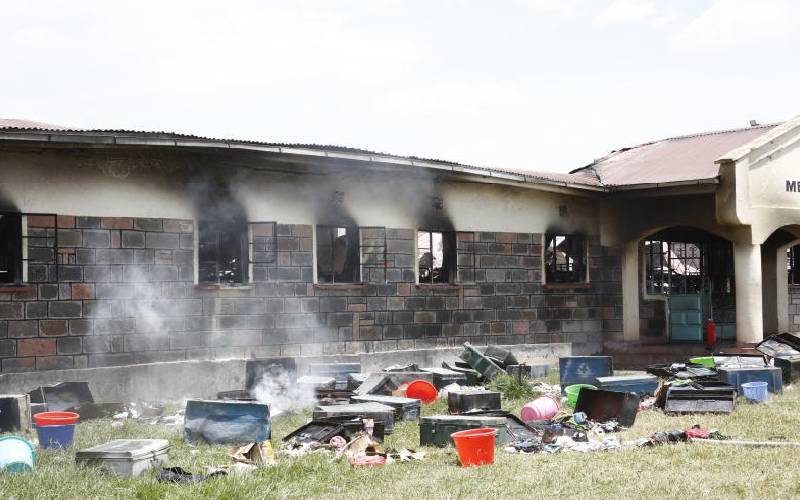×
The Standard e-Paper
Join Thousands Daily

There is the assumption by many that schools are safe places. In fact, schools are deemed to be the safest places for learners outside their homes. Unfortunately, the truth is that there are children across Africa who find school a dangerous place.







